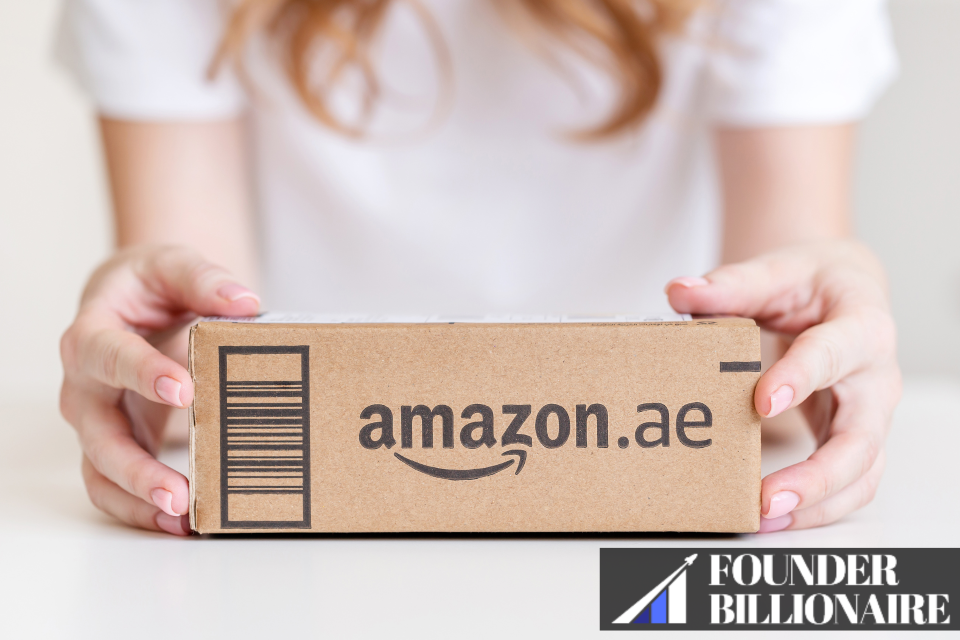Amazon’s $3.9 billion acquisition of One Medical marks a pivotal moment in the intersection of technology and healthcare, signaling the e-commerce giant’s ambitious entry into the primary care sector. This move is poised to disrupt traditional healthcare providers by leveraging Amazon’s technological expertise, logistics infrastructure, and consumer-centric approach.
Amazon’s Strategic Move into Healthcare
Amazon’s acquisition of One Medical, a membership-based primary care provider with over 220 clinics in 27 U.S. markets, significantly expands its healthcare footprint. One Medical’s model combines in-person clinics with 24/7 virtual care, offering seamless access to medical services for its 836,000+ members and over 9,000 enterprise clients. By integrating One Medical, Amazon aims to make healthcare more accessible, affordable, and efficient for both individuals and employers.
This acquisition builds on Amazon’s previous healthcare ventures, including its online pharmacy, telemedicine offerings, and the integration of Amazon Clinic. With One Medical, Amazon is now positioned to deliver a comprehensive suite of healthcare services, ranging from primary care and chronic disease management to behavioral health and virtual physical therapy.
Disrupting Traditional Healthcare Models
1. Consumer-Centric, Digital-First Care
Amazon is applying its hallmark focus on convenience and user experience to healthcare. The One Medical model enables patients to book appointments, access telehealth, and manage prescriptions through digital platforms-mirroring the ease and efficiency Amazon brings to retail. This approach sets new expectations for on-demand, digitally enabled care, challenging traditional providers to innovate or risk losing patients.
2. Lower Costs and Improved Outcomes
One Medical’s primary care model has demonstrated the ability to reduce total medical and prescription costs by up to 45% for participating members. By emphasizing preventive care, virtual visits, and streamlined care coordination, Amazon seeks to lower downstream costs such as emergency visits and hospitalizations-an area where traditional fee-for-service providers often fall short.
3. Employer Partnerships and Membership Models
Amazon is rapidly expanding One Medical’s reach through partnerships with major employers and health systems. More than 8,500 employers now utilize One Medical’s services, and Amazon is leveraging its Prime membership model to offer discounted healthcare subscriptions. This strategy could bring millions of new patients into Amazon’s healthcare ecosystem, pressuring traditional providers to rethink their own employer offerings and pricing structures.
4. Integration with Pharmacy and Home Delivery
By combining One Medical with Amazon’s pharmacy operations and logistics capabilities, patients can have prescriptions and medical equipment delivered directly to their homes. This end-to-end integration streamlines the patient journey and enhances access, particularly for those in remote or underserved areas.
Implications for Traditional Providers
Amazon’s entry into healthcare is a wake-up call for hospitals, clinics, and health systems. As consumers grow accustomed to Amazon’s level of service-marked by transparency, convenience, and affordability-traditional providers will face mounting pressure to improve appointment availability, embrace digital tools, and enhance patient experience. Health systems that fail to adapt risk losing market share, especially in primary and low-acuity care.
Furthermore, Amazon’s scale and data-driven approach could enable it to direct patients to preferred specialists and health system partners, giving it significant influence over care pathways and standards. This could force traditional providers to collaborate with or compete against Amazon on new terms.
Challenges and Considerations
While Amazon’s healthcare ambitions are vast, the industry’s regulatory complexity and concerns about data privacy remain significant hurdles. Ongoing scrutiny from regulators, particularly regarding the use of sensitive patient data, will shape how Amazon navigates its expansion. Additionally, previous Amazon healthcare ventures, such as Amazon Care and the Haven initiative, faced challenges and were ultimately discontinued, underscoring the difficulties of disrupting a highly regulated and entrenched sector.
The Future of Healthcare Delivery
Amazon’s acquisition of One Medical represents a transformative shift in healthcare delivery. By combining technology, logistics, and a consumer-first mindset, Amazon is setting new standards for access, affordability, and patient engagement. Traditional providers must now accelerate their own digital transformation and reimagine care delivery to remain competitive in this rapidly evolving landscape.


